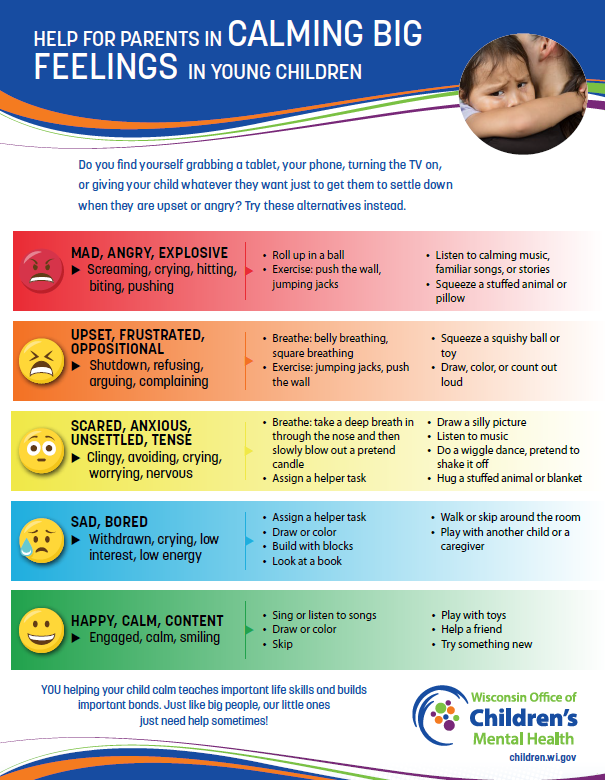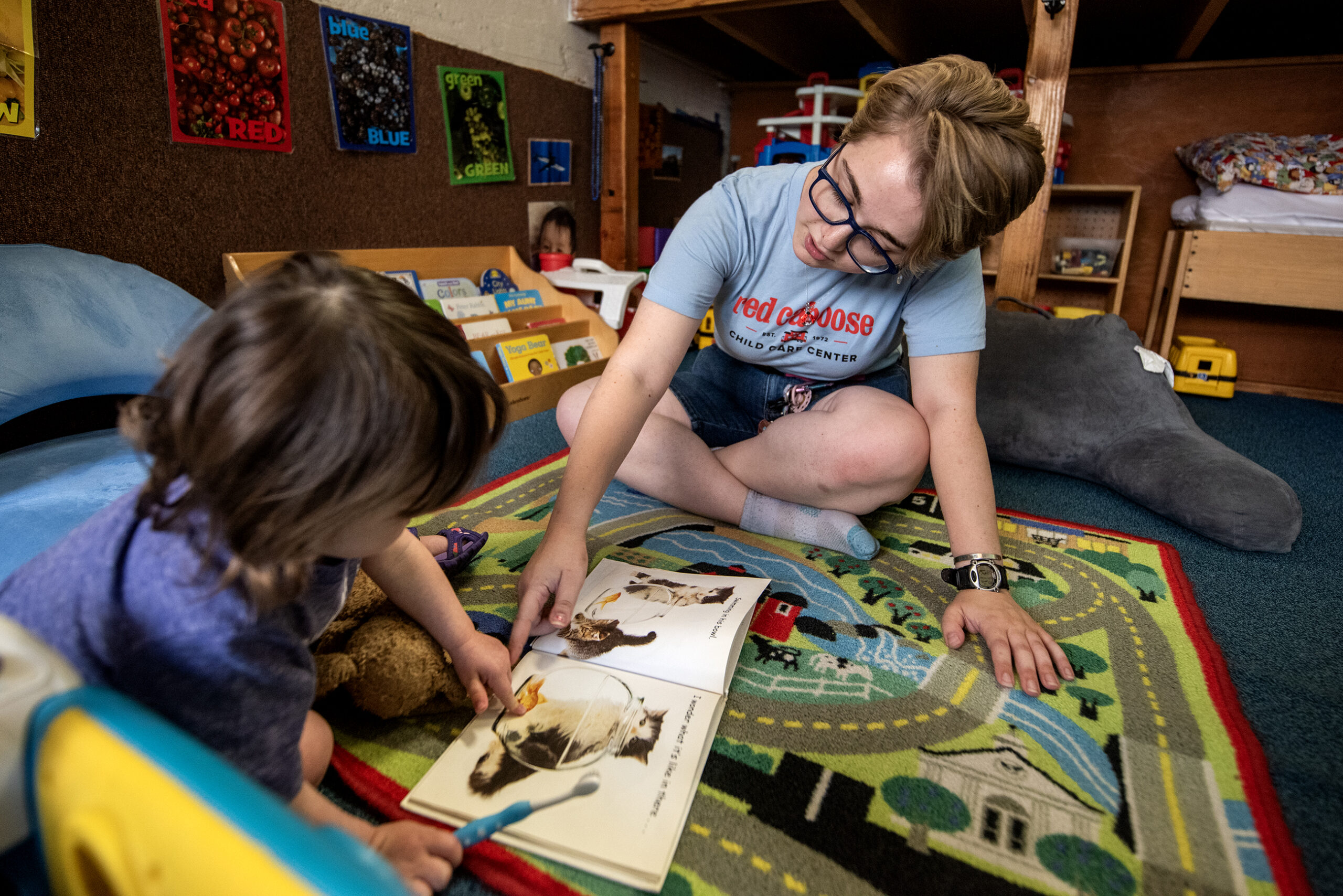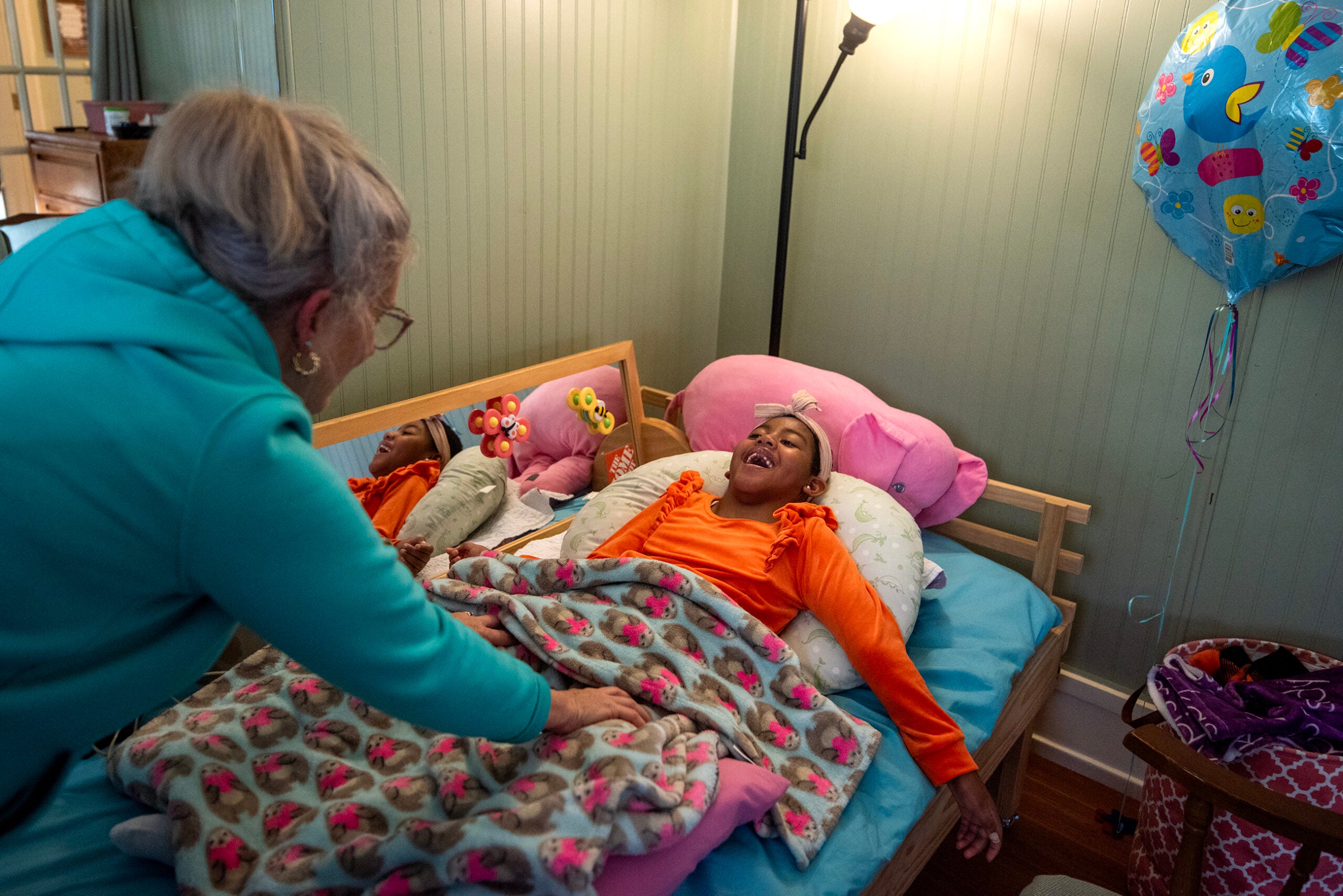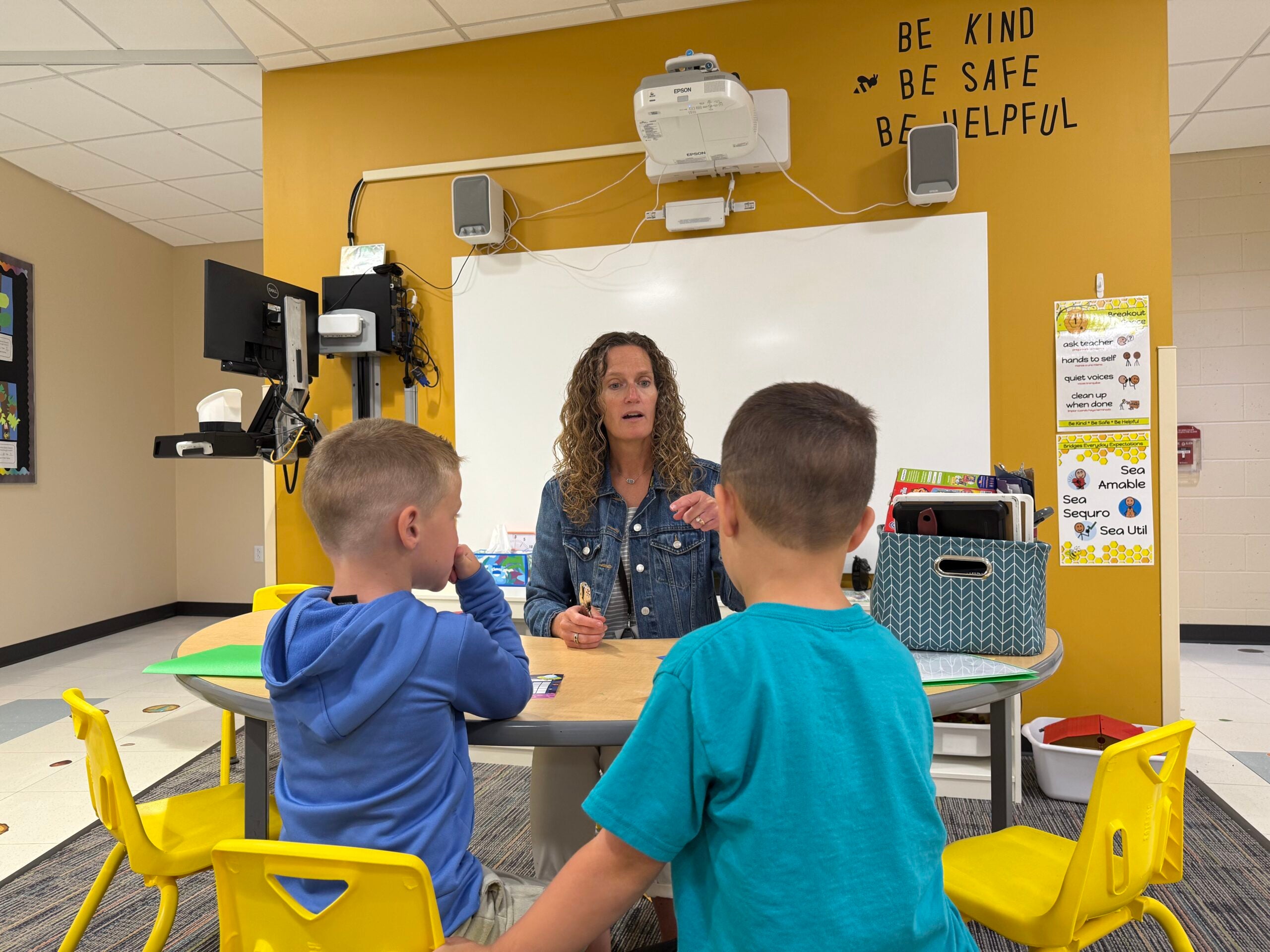The Wisconsin Office of Children’s Mental Health recently released a “Feelings Thermometer” to help people support their preschool-aged children. The guide is meant to help young kids identify their big feelings and manage them.
“We want kids to be able to learn about what they’re feeling, and be able to express in words what they’re feeling, and then learn coping skills and strategies for getting along with other kids,” said Linda Hall, director of the Wisconsin Office of Children’s Mental Health.
Officials hope families turn to this resource instead of using phones, tablets or TV to calm their children.
News with a little more humanity
WPR’s “Wisconsin Today” newsletter keeps you connected to the state you love without feeling overwhelmed. No paywall. No agenda. No corporate filter.
“It’s easy to hand them a video game, put on a movie and just have them chill out,” Hall said. “When, what we really want to do is have them identify the emotion and kind of work it through.”
Kids of all ages are on screens more than they should be, she added.
“When there’s too much screen time, it interferes with learning, it interferes with brain development,” Hall said. “So we really want to suggest activities.”
The office also hopes their guide ultimately helps young children handle setbacks or changes in routine, including attending preschool or childcare. Hall said they often hear kids are having big reactions to small events.
“We know when kids have these big emotions, they tend to have behaviors that go with them, and those behaviors can be problematic, especially in the childcare setting,” Hall said. “So we want the adults around them to have the tools to help kids identify and work through their feelings.”

The guide for parents is an adaptation of a “Feelings Thermometer” the office released in 2020.
“We’ve gotten tremendous response from it,” Hall said. “We continue to get a huge number of clicks on it every month.”
They’ve since released an early childhood version for child care providers. One motivation behind it was to combat “a growing trend” they saw in pre-school expulsions.
“We distributed that to childcare providers throughout the state,” Hall said. “They came back to us and said: ‘Yeah, we like it. We wish our parents had one of these.’”
So they re-packaged the thermometer for parents.
“We’d like to have the parents be using some of the same strategies that are being used during the day with their kids in child care,” Hall said.
It’s important to begin this work when kids are young, she added. It prevents negative experiences at school, helps children feel safe and form trusting relationships with adults.
“In their behaviors, they’re really telling us how they’re feeling,” Hall said. “Really helping kids to understand their emotions and address them can be the beginning of a really good, strong trajectory of wellness.”
Claire Lind is an instructor in early childhood education at Madison College. In her classroom, she teaches future educators to use similar tools, like a “relaxation thermometer” with pictures to help children recognize emotions.
These tools are helpful for children that need help regulating their emotions, such as those that have big reactions to things like loud noises, Lind said. These kids might feel out of control, behave in ways that label them as “difficult children,” and miss out on chances to learn, she added.
Lind also said, when it comes to early childhood, it pays to have alternatives to screens. For example, a teacher might lead a sing and dance exercise, instead of using video instruction.
“It’s my opinion that the longer a young child can be in the world without being on a screen, the better, overall, for their development in all domains — social, emotional, physical, communication, and cognitive,” Lind told WPR in an email.
Teaching emotional regulation skills early on is huge, Lind added.
“Because children can use these strategies throughout their lives,” she said.
Wisconsin Public Radio, © Copyright 2025, Board of Regents of the University of Wisconsin System and Wisconsin Educational Communications Board.







